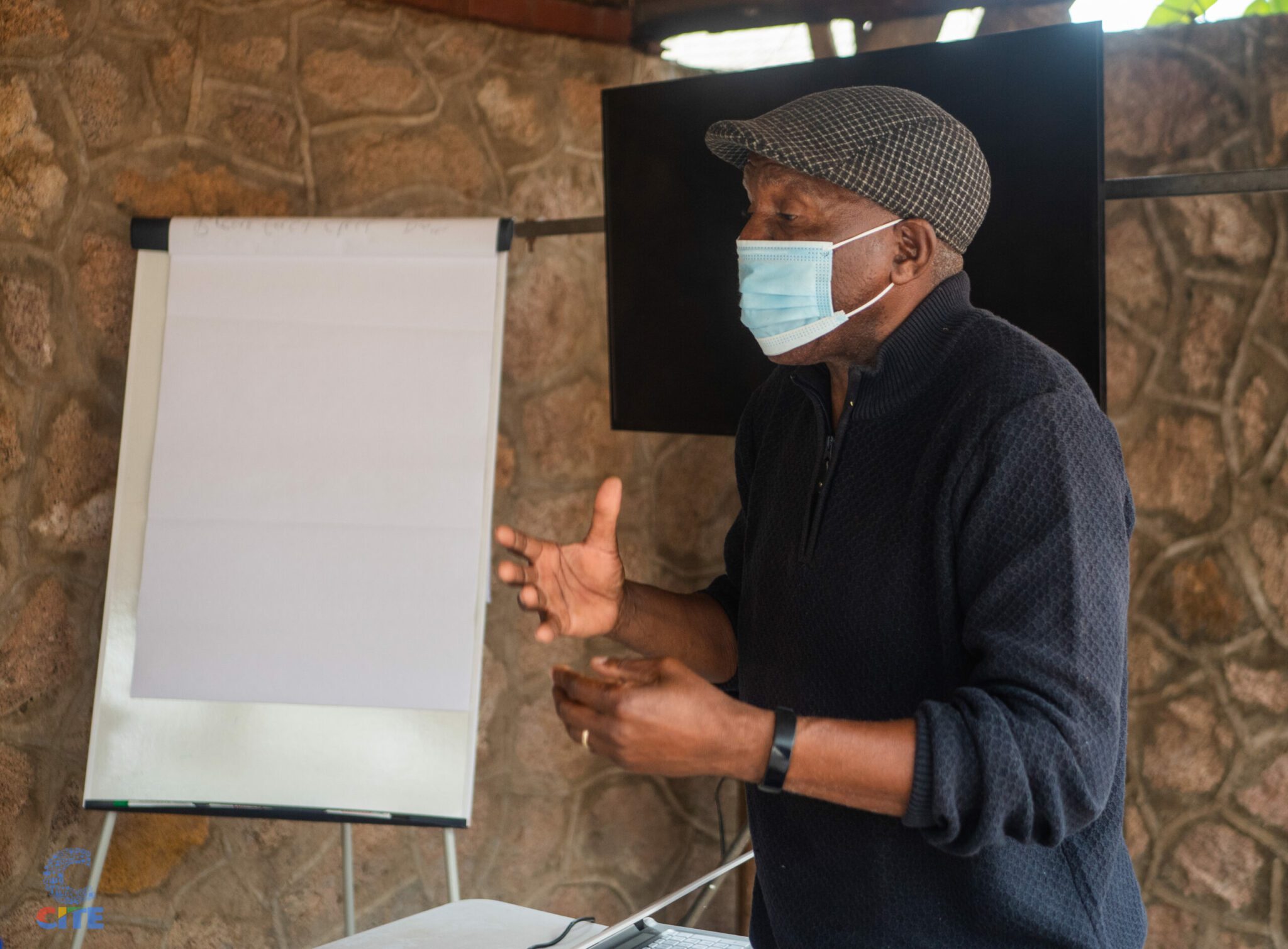Journalists have been urged to play an advocacy role by amplifying the voices of victims of the Gukurahundi genocide.
This came out during a Transitional Justice Roundtable for journalists held as part of the ongoing Asakhe Film Festival.
The festival is running under the theme “Power of Memory” and it commenced on October 25, set to run through to October 30, 2021.
Facilitating the roundtable, Reverend Ray Motsi emphasised the important role that journalists have in documenting the challenges faced by the victims of the 1980s massacres.
Rev Motsi highlighted that Gukurahundi victims need different forms of compensation for the tragedy they were subjected to and as such their issues should be clearly outlined.
“When we speak of Transitional Justice there is a lot that is entailed. Not all the victims require monetary compensation hence it is important for journalists to go to the victims and understand how they want their issues to be handled,” Rev Motsi said.
“Journalists need to bring to the fore what the victims want. Justice must not only be heard, it must be seen. It (justice) heavily depends on who narrates it. If the government becomes the one to tell the story of Justice for Gukurahundi victims then no one will get to know what the victims really want which is not fair. Both parties must be heard that’s where journalists come in to amplify the voices of the victims.”
Rev Motsi emphasised on the importance of memorialisation towards the attainment of transitional justice.
“Memorialisation, if properly done, is important in that it gives closure to the victims. Commemorations, monuments and social events can be held to help victims to heal. The government must set up mechanisms that will help people not to hurt when they remember their departed loved ones,” he said.
“It is disheartening that despite efforts being made to help in carrying out the healing process, there are factors that keep hindering. Plaques have been erected but somehow they get stolen and no efforts are being made to bring the culprits to book.”
Journalists who participated outlined that there is a notable lack of political will from legislators and the government in dealing with the issue.
“The sincerity of the government in resolving Gukurahundi remains questionable. NPRC has been existent for over five years yet there is the perennial issue of incapacitation due to unavailability of resources,” one journalist noted.
“Also the legislatures who are tasked to handle these issues must have an appreciation of the severity of the matter and how much the victims are hurting.”

